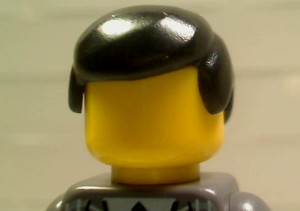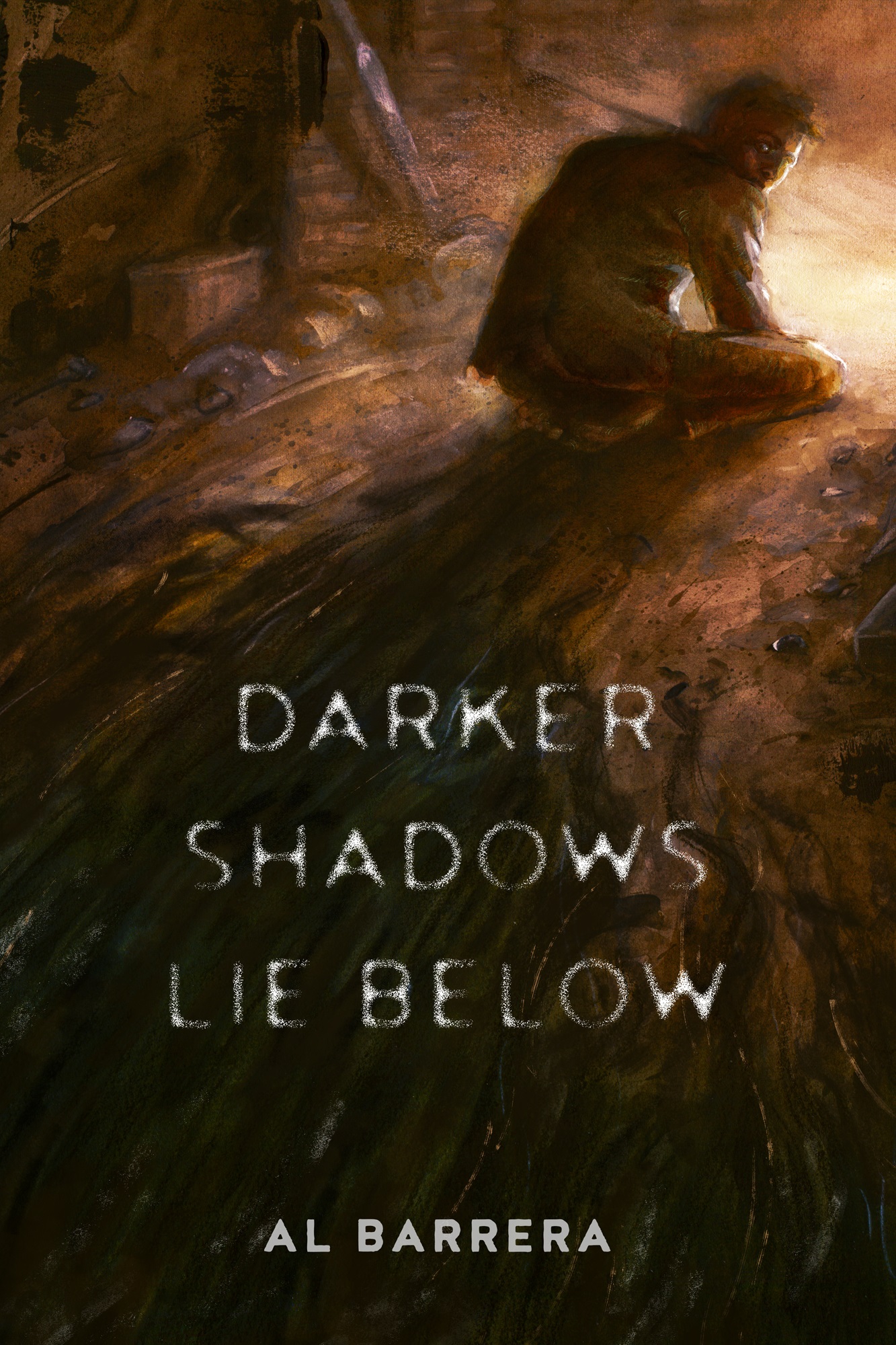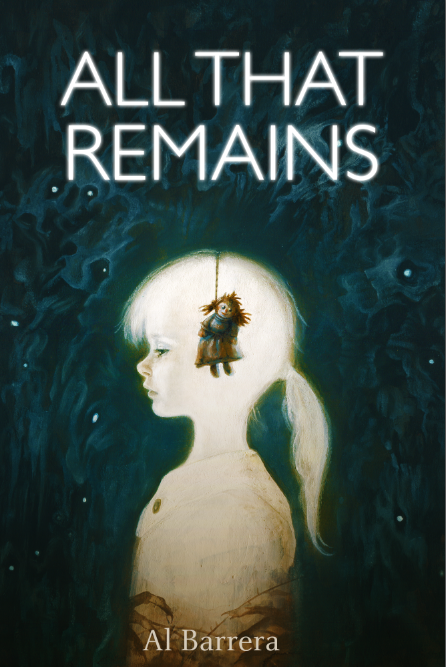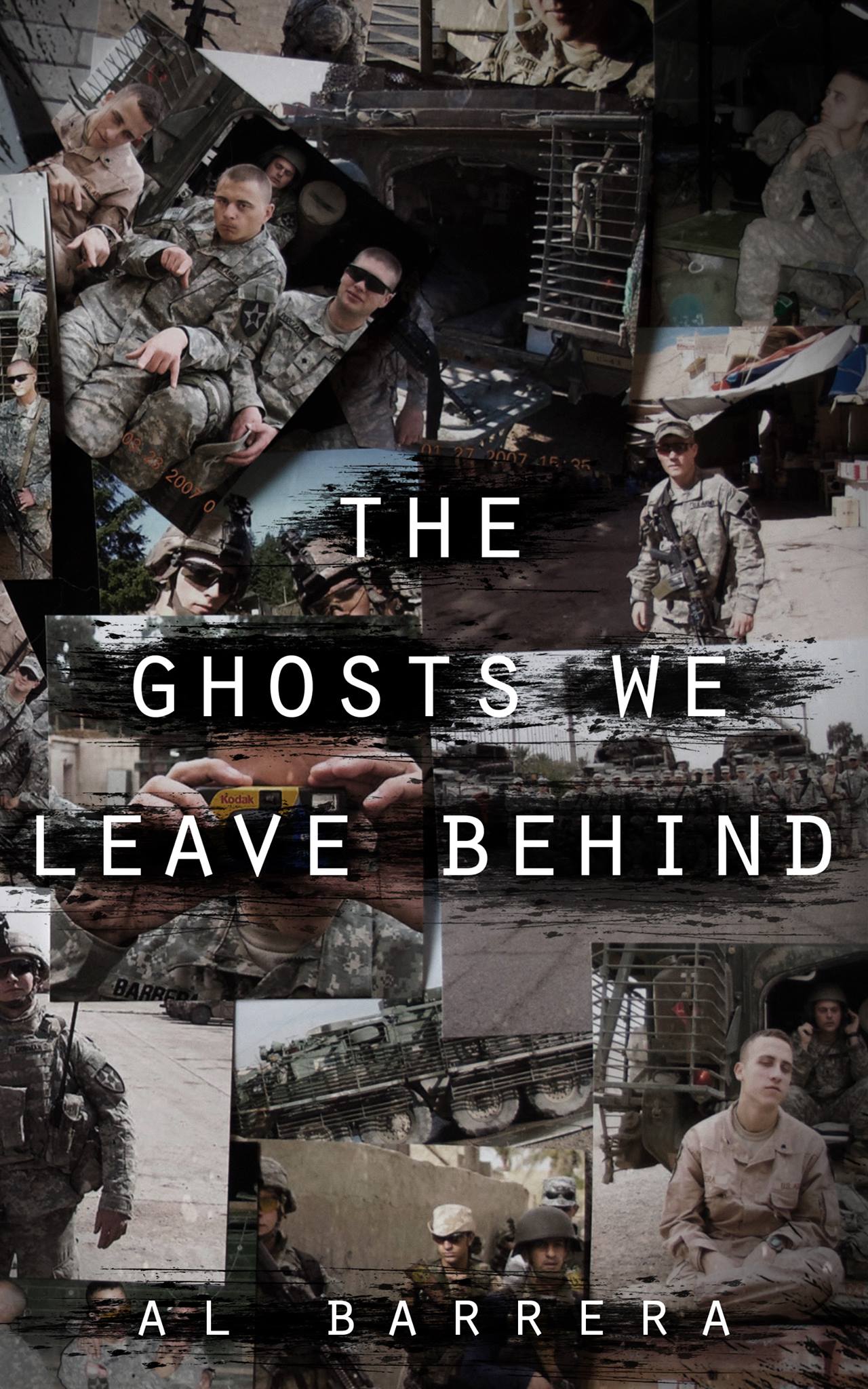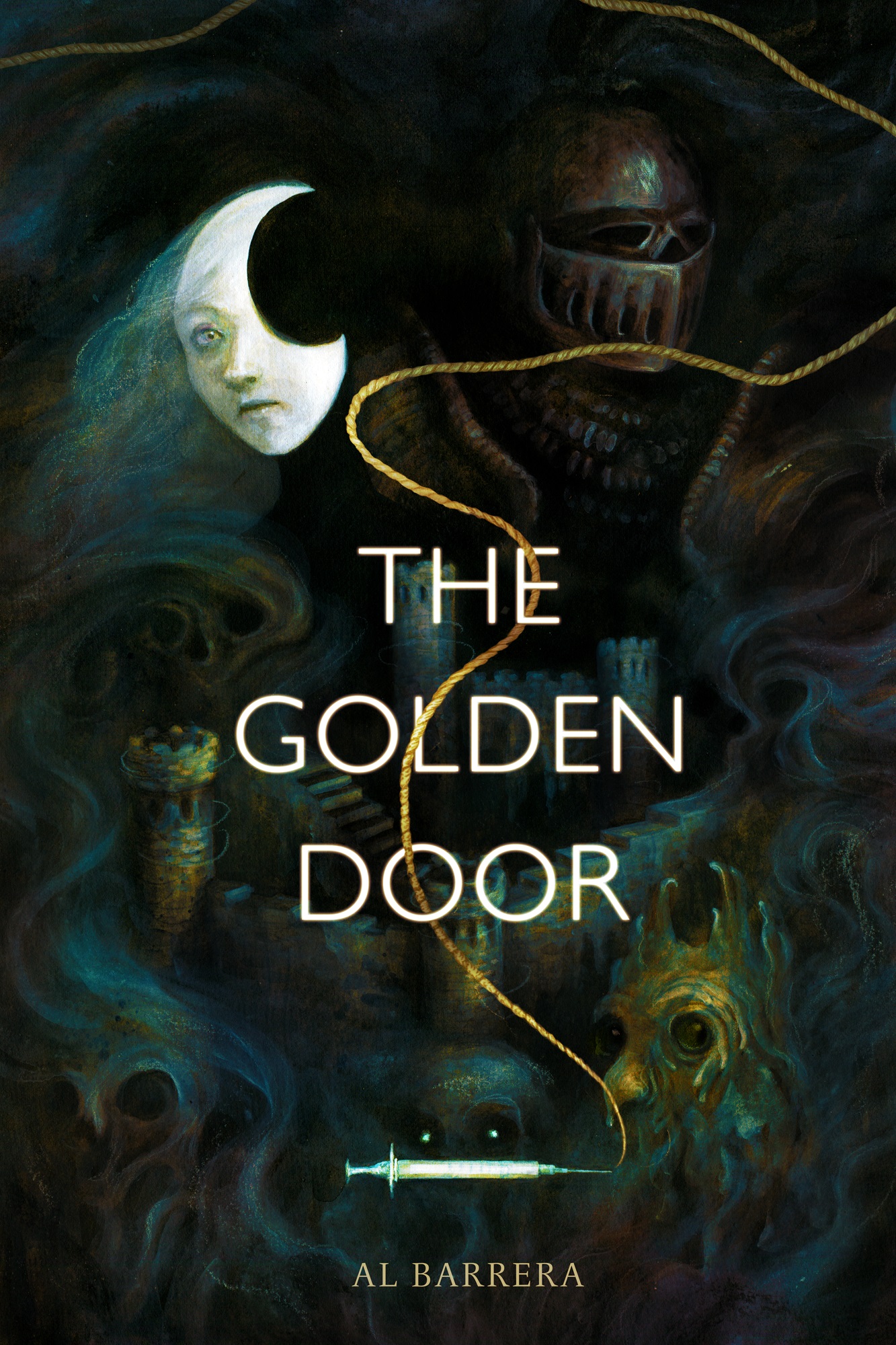I’ve been lucky the last few years. Not only have I gotten to follow my dream and write, but I’ve been exposed to a number of amazing peers in the process. I’ve gotten to speak to people whose work I adore, and I’ve made a lot of friends along the way. More than once, I’ve sat and thought about how awesome it is to have met so many other people who are as passionate about my field as I am. My “writing time” is spent in equal parts alone and with those people. Word counts come up a lot. I see it with experienced writers, intermediates such as myself, and more than anywhere, among the newest writers. There is a temptation to place the value of all of your work into how much work you’re getting done, and I think this is a mistake. Mind you, I don’t think word counts themselves are bad, I think placing the value of your work on how much work you’re producing is, and this is a trend I’m seeing a lot in self-publishing.
Writing isn’t a clock punching job. I don’t think any art is. When you make your living off of art you certainly have to put the time and effort into it, and only a fool would say otherwise. You will have timetables as editors, publishers, and agents begin to work with you. There will be expectations of punctuality once you become a professional, but I don’t think that should be confused with word count. (Especially as a newer writer) There is a temptation to get as much work done as you can and to sell it. After all, many of us have dreamed about this our whole lives. We envision a future in which we can support ourselves through the efforts we put into our writing, and so we want to put as much effort in as we can. But effort can’t be measured solely by word count, in the same way that success can’t be measured only by income. I think it’s a trap that a lot of people just getting into the industry fall into, and I think that work often suffers for it.
My editor, a much more experienced author and member of this community, has had a similar talk with me over the last few months. She noticed my eagerness to always have the next book out. All of our correspondences had time tables and assumptions about when I could get X book out if only I put Y amount of work in. I don’t think this approach is inherently flawed, I just think it’s missing the forest for the trees. Writing is more than just spewing words just like painting is more than throwing colored pudding on paper. (Or canvas. Don’t be a paint snob) After she pointed out the pattern, I couldn’t unseen it. I took a step back and tried to get a larger view of what I was doing and what I wanted from it. I came to realize that I was using word counts as a way to force myself to work, and even worse, as a way to compare myself to other writers. Instead of enjoying the process and trying to develop my work, I was constantly concerned with when I would be able to publish the next novel. I was more concerned with the ending than the journey. To be frank, I had stopped writing for myself.
Yes, word counts are one of the few daily metrics we have. And while it is a great thing to use, I am now of the mind that it’s not a good way to measure yourself as a writer, it’s just a good way to visualize the amount of time you’re putting in a day. You can write 10,000 words an hour and still be terrible at it, and you can jot 500 down in whatever little free time you have and make an amazing story. You could spend a week editing a chapter and have no word count to show for it after all, but that doesn’t mean you didn’t make progress. Word counts can’t measure the input that an editor or a trusted reader has. Your writing’s sum total value, and your ability as a writer, is not in the word count, and there is no need to torture yourself under the illusion that it is.
The worth of art is not measured in money. Yes, we need it to survive. Yes, we deserve it for our work, no matter what a bunch of verbal vomit maggots at some publications will say. (Looking at you Huffington Post. Also, fuck you) The worth of our writing is not measured in word counts either. To be honest, I don’t know how it is measured, or if it is at all. I thought I had a much better grasp on all of this when I was more inexperienced, but honestly, I’ve stopped worrying about it. Set a time frame you can live with, and work in that. Don’t tell yourself that your work is only worthwhile if you’re putting out two-thousand words per day, or if you’re putting out X amount of books a year, and certainly don’t confuse the worth you perceive in your writing with your self-worth. Remember, you’re following your dream and doing what you set out to do even when you’re doing it like a cold turd in a microwave. (We all have those days)
Am I saying not to use word counts? No. I’m saying that they should be used for what they are; a measurement. Don’t place value judgments on it. Don’t use it as a meter stick to compare yourself to other artists. Worry about you and your work first, going for quality before quantity. Of course, you should always take a spoonful of salt with any writing advice anyone gives you, and I’m just spit balling from my own experiences. I found that once I began to use my daily word count as a post-writing measurement, and not a pre-writing death-sentence, I was not only happier working every day, but my word count went up. I would always hit 1k a day, but usually fall short of my 2k goal. Now it’s been weeks since I wrote less than 2k in a day. Take that for what it’s worth.
As always, keep writing.


